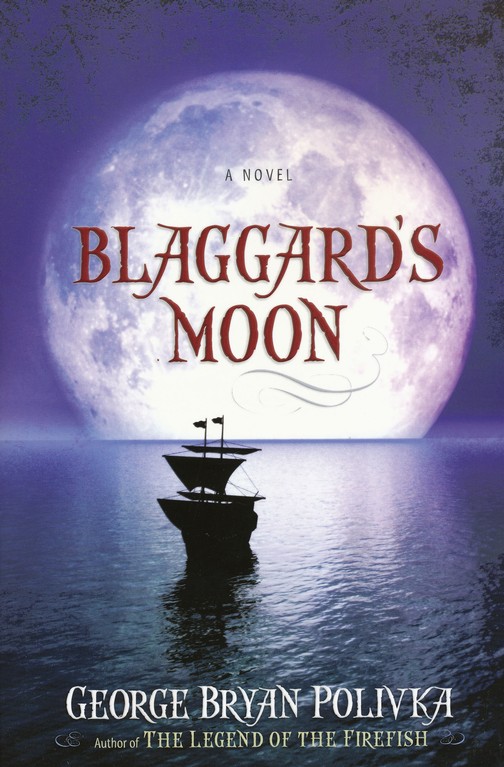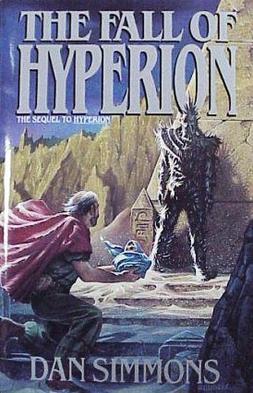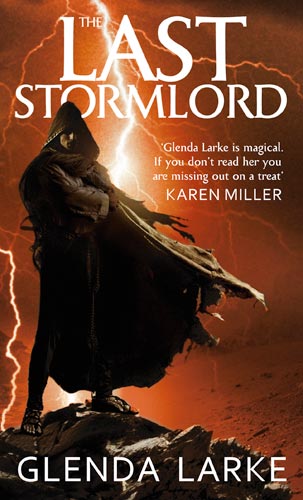 Undaunted Courage: Meriwether Lewis, Thomas Jefferson, and the Opening of the American West by Stephen E. Ambrose
Undaunted Courage: Meriwether Lewis, Thomas Jefferson, and the Opening of the American West by Stephen E. Ambrose
Read in July 2013
Large, thick books do not scare me. If you’ve delved into my blog here at all, you’ll quickly learn that I read constantly and I read epic fantasy for fun. The longer, the better. The more characters and plot lines, even better. With one exception, or wait, two exceptions. I tried but didn’t like G.R.R. Martin‘s Game of Thrones series and Steven Erikson‘s Malazan Book of the Fallen. Not my cup of tea.
So when July rolled around and saddled me with the 521 page Undaunted Courage by Ambrose, I barely batted an eye. I even took a stab at actually reading the print edition our Stranger Than Fiction discussion leader handed out to us last month when we turned in our Unbroken copies. I think I made it a couple of hundred pages before I decided listening to the audiobook would be faster (and less painful on the eyes grammatically). I checked out the audiobook on CD from the Kansas City Public Library. One thick 521 page paperback translates roughly to twenty-one hours and twenty-seven minutes (21 hr 27 mins) of narration. While technically, I could have completed listening to this audiobook in less than one day, practically and physically, I can only handle about two to three hours a day of listening, with long breaks between to give my poor eardrums a rest. The disadvantages to listening include the absence of 1) maps, 2) illustrations and photographs, 3) footnotes, 4) end notes and 5) the bibliography. The greatest advantage to listening to the audiobook was not having to learn how to properly pronounce the names of less commonly known objects, tools and places. Luckily, I had the best of both worlds at my fingertips.
I learned an incredible amount about Lewis, Clark, Thomas Jefferson, the Louisiana Purchase and the Corps of Discovery Expedition to find a water route to the Pacific Ocean via the Missouri River. Since I grew up within twenty miles of that river, I also grew up with the names “Lewis & Clark” plastered on various road signs and parks. While I had some idea of the adventures of those early trailblazing frontiersmen, Ambrose provided me with an incredible wealth of detail and anecdotal gems to keep me forging ahead. One of my favorite moments involved a nearly indestructible grizzly bear and four members of the Expedition.
I finished listening to the audiobook edition with just 26 hours to spare. After a full day of work in the same building, I arrived just a few minutes past seven o’clock to a nearly full meeting room. A couple of the usual suspects were missing, but I thought nothing of it since it’s summer time and many normal people take vacations. I arrived in the middle of a conversation involving the August 2013 edition of Car & Driver, specifically the review of the 2013 supercharged Land Rover Range Rover, which was tested in the Bitterroot Valley in Montana and specifically mentioned the Lewis & Clark expedition.
Our discussion leader soon roped us back into discussing Undaunted Courage by relating a hand-written note he received from one disgruntled Stranger Than Fiction reader. That person only made it to page 28, where they couldn’t stomach the ‘run on sentences’ and ‘sixteen adjectives for the same word’ or the fact that it appeared the author was being ‘paid by the word’ to write. ‘Life was too short and there are too many good books to waste time with such poor writing.’ I made the comment that long sentences were the norm for early 19th century writing, but apparently Ambrose was being accused of this egregious error. Our leader did confirm that he found a sentence written by Ambrose that surpassed one and a half pages.
We moved on from that dead-end when one of the readers mentioned that they watched all four hours of the Ken Burns’ documentary of Lewis & Clark, which our local PBS station, KCPT, conveniently re-aired in mid-July.
At least one reader struggled with this book, commenting it felt too much like being in a history class. She half-expected to see questions at the end of each chapter.
Our leader began posing questions to spark discussion, one of the first being on our definition of “discovery.” Only to the Western World (aka Europeans) could any of these plants, animals, rivers, mountains, etc. be considered “discoveries.” To the Native Americans, none of it was new or unknown. He also asked or mentioned a scenario wherein Native Americans hopped on a boat and visited Europe, is it still considered a “discovery” because all of that would be new to them?
We also discussed Sacagawea and the plight of Native American women. Are they just footnotes in history? Were most of them little better off than slaves, doing the majority of hard labor for their communities?
And speaking of slaves, how about poor old York? He had a good sense of humor, but was mistreated and not freed upon his return.
With respect to Manifest Destiny, the Corp of Discovery Expedition was just the first phase (and the origin of the phrase). There was a religious aspect – God deemed Europeans should have the North American Continent from short to shore. Our leader asked us if this was similar to eminent domain today? Or was it just theft?
We discussed Jefferson, and by extension, Lewis’ policy towards the Native Americans. Their vision of an American Trade empire and the integration of the Native Americans proved an impossible mountain to scale. The ‘civilizing’ of the Indian Nations by forcing them to become peaceful among themselves and then ultimately wholly dependent upon America was either naiveté or hubris or both. With the exception of the Mandans and the Nez Perce, the Expeditions’ interactions with the Indian Nations were strained at best and left a legacy of lies and distrust that resulted in even worse relations for generations to come.
Does man ever progress without harm?
 At this point, our leader recommended another book by Ambrose entitled Nothing Like It In The World about the transcontinental railroad.
At this point, our leader recommended another book by Ambrose entitled Nothing Like It In The World about the transcontinental railroad.
On a lighter note, one of the readers related that her favorite story from Undaunted Courage involved the collapsible boat. Recently, some archeologists believe they have found it near Great Falls, Montana.
I related that my favorite story involved the grizzly bear that refused to die and jumped after two of the Expedition’s men from a twenty-foot high bluff into the Missouri after being shot eight times.
We returned to the more depressing tale of Lewis’ death. Our leader asked us if we believed it was murder? We all agreed it was not murder, unless you consider suicide self-murder. Some contributing factors could have included the amount of mercury consumed by Lewis (and the rest of the Expedition). One of the readers noted that archeologists today have no trouble tracing the Lewis and Clark expedition because of the incredible amounts of mercury still present at their campsites. Other contributing factors includes Lewis’ alcoholism, use of opiates, lead poisoning (from being shot), he could have been bipolar and/or recurrence of malaria.
Suggested field trips included the Lewis & Clark museum in Nebraska City and Ft. Osage in Missouri.
 After some more tangential and heated discussions on right and wrong, good and evil, our leader brought us back down to Earth and distributed next month’s book of a much lighter fair: A Walk in the Woods by Billy Bryson
After some more tangential and heated discussions on right and wrong, good and evil, our leader brought us back down to Earth and distributed next month’s book of a much lighter fair: A Walk in the Woods by Billy Bryson
Looks like next month I may get to encounter bears … again.









